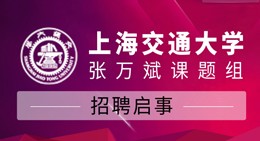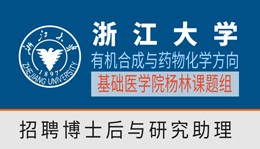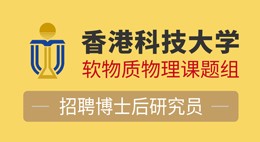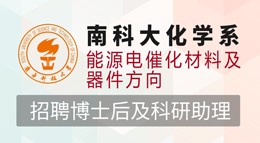当前位置:
X-MOL 学术
›
Energy Econ.
›
论文详情
Our official English website, www.x-mol.net, welcomes your feedback! (Note: you will need to create a separate account there.)
Tax versus regulations: Polluters’ incentives for loosening industry emission targets
Energy Economics ( IF 13.6 ) Pub Date : 2024-06-11 , DOI: 10.1016/j.eneco.2024.107705 Kosuke Hirose , Akifumi Ishihara , Toshihiro Matsumura
Energy Economics ( IF 13.6 ) Pub Date : 2024-06-11 , DOI: 10.1016/j.eneco.2024.107705 Kosuke Hirose , Akifumi Ishihara , Toshihiro Matsumura
We investigate the political incentives of a polluter in affecting industry emission targets (relaxing emission restrictions) imposed by the government in a monopoly market. Specifically, we compare three typical environmental policies—two command-and-control regulations (an emission cap regulation that restricts total emissions and an emission intensity regulation that restricts emissions per output unit), and an emission tax. We presume a policy to be most robust when a less strict emission target (i.e., an increase in the targeted emission level) imposed by the government on the industry increases the firm’s profit least significantly among the three policies. This is because the firm has the least incentives for affecting emission targets. We find that the emission tax is the most robust if the government aims for a net-zero emission society. However, the emission tax is the least robust if the emission target is not ambitious or the government has weak resolve against political pressures from polluters.
中文翻译:

税收与法规:污染者放宽行业排放目标的激励
我们研究污染者影响政府在垄断市场中施加的工业排放目标(放宽排放限制)的政治动机。具体来说,我们比较了三种典型的环境政策——两种命令与控制法规(限制总排放量的排放上限法规和限制单位产出排放量的排放强度法规)和排放税。我们认为,在三项政策中,当政府对行业施加的排放目标不太严格(即提高目标排放水平)时,该政策对公司利润的增加最不显着。这是因为公司影响排放目标的动力最小。我们发现,如果政府的目标是实现净零排放社会,那么排放税是最强有力的。然而,如果排放目标不雄心勃勃,或者政府对来自污染者的政治压力的决心薄弱,那么排放税的力度是最弱的。
更新日期:2024-06-11
中文翻译:

税收与法规:污染者放宽行业排放目标的激励
我们研究污染者影响政府在垄断市场中施加的工业排放目标(放宽排放限制)的政治动机。具体来说,我们比较了三种典型的环境政策——两种命令与控制法规(限制总排放量的排放上限法规和限制单位产出排放量的排放强度法规)和排放税。我们认为,在三项政策中,当政府对行业施加的排放目标不太严格(即提高目标排放水平)时,该政策对公司利润的增加最不显着。这是因为公司影响排放目标的动力最小。我们发现,如果政府的目标是实现净零排放社会,那么排放税是最强有力的。然而,如果排放目标不雄心勃勃,或者政府对来自污染者的政治压力的决心薄弱,那么排放税的力度是最弱的。






































 京公网安备 11010802027423号
京公网安备 11010802027423号